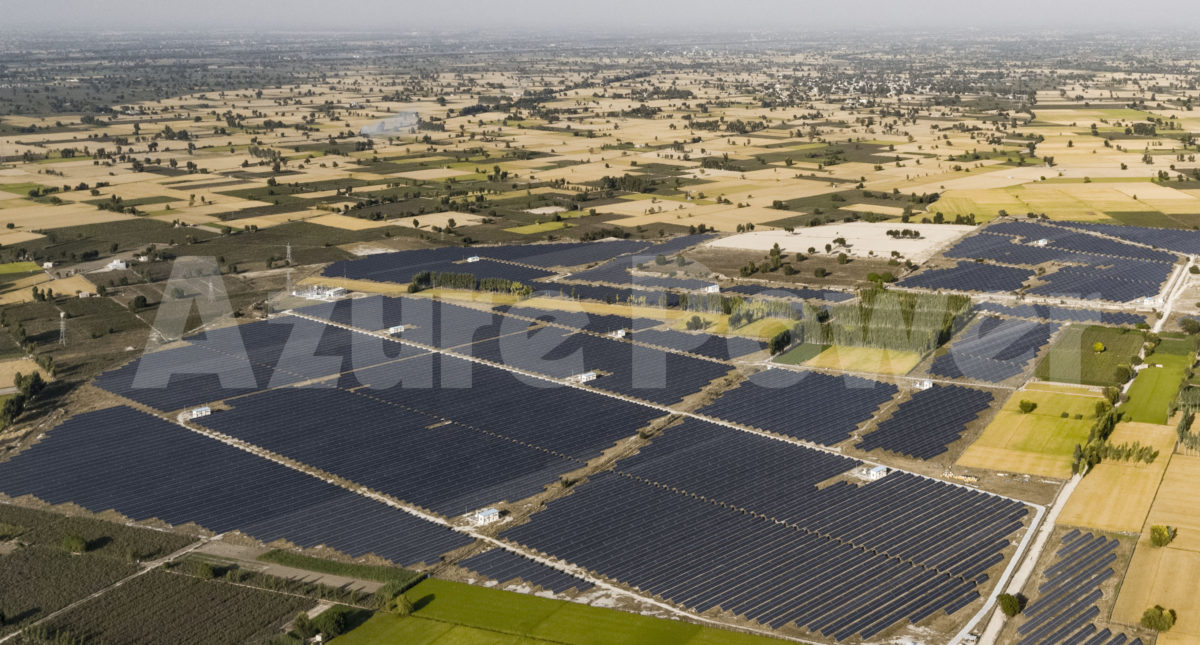Industry body National Solar Energy Federation of India has approached law and justice minister Kiren Rijiju seeking his intervention to re-examine the Punjab government’s proposed bill that allows termination and renegotiation of tariffs of current operational solar projects.
The Punjab Renewable Energy Security, Reform, Termination and Re-Determination of Power Tariff Bill, 2021 seeks to redetermine tariffs under concluded power purchase agreements (PPAs) for a total of 983.5 MW of renewable energy capacity (886 MW solar and 97.5 MW biomass). The Bill was introduced and passed in the Punjab State Assembly on November 11. After sending it to the Governor, the bill has been further referred to the President of India for his final assent.
Punjab has around 900 MW of operating solar power projects at an investment of close to INR 7,000 crore. The return for this investment is in the form of long-term power purchase agreements with a fixed tariff approved by the Punjab State Electricity Regulatory Commission.
As per the provisions of the bill, “…all the clauses impacting tariff directly or indirectly in the Agreements shall stand terminated. Further, the agreements between power generators and Punjab Corporation, including the implementation agreements with the Punjab Energy Development Authority, shall be referred to the Punjab State Electricity Regulatory Commission for redetermination of tariff and all A move to re-negotiate tariffs for the already operating projects will affect the viability of the projects and power producers will find it difficult to repay their loans, vendors, and staff, thereby leading to a default in their matters that impact tariff directly or indirectly in the Agreements, after considering all relevant cost parameters involved in the generation of renewable power.
To ensure continuity in the electricity supply and energy security of the State, the Punjab State Electricity Regulatory Commission shall also determine a temporary tariff rate that will be applicable until the tariff is finally re-determined by the regulatory commission.”
According to NSEFI, the promulgation of the Bill into law will be determinantal to the interests of all solar power developers operating in the state of Punjab. It will render the already operating projects unviable and power producers will find it difficult to repay their loans, vendors, and staff, thereby leading to a default in their contractual obligations. It will shadow the sector with negative investment outlook while impacting the livelihood of hundreds of people associated with these projects.”
In his letter to the minister, NSEFI chairman Pranav R. Mehta wrote the Bill is in contravention with the Electricity Act, 2003, the National Electricity Policy, 2005, and the National Tariff Policy, 2016. Further, it covers only certain specific projects from amongst the operating renewable energy projects; the Bill doesn’t provide any basis or justification for such classification.
Given RE forms a relatively small share in Punjab’s energy mix, the impact of RE power purchase on the overall power cost to the state is negligible.
“The landed purchase cost of solar is INR 6.5/kWh against the overall total power purchase cost of INR 4.3/kWh. Considering the capacity contribution of solar in the state, the overall energy generation from solar is only over 4% against the total power consumption, the purchase cost impact being approx. INR 0.06 per kWh, which is minuscule against the negative impact that breaching of the sanctity of contracts would have on the overall sentiment of the investors across the state,” wrote Mehta.
This content is protected by copyright and may not be reused. If you want to cooperate with us and would like to reuse some of our content, please contact: editors@pv-magazine.com.









1 comment
By submitting this form you agree to pv magazine using your data for the purposes of publishing your comment.
Your personal data will only be disclosed or otherwise transmitted to third parties for the purposes of spam filtering or if this is necessary for technical maintenance of the website. Any other transfer to third parties will not take place unless this is justified on the basis of applicable data protection regulations or if pv magazine is legally obliged to do so.
You may revoke this consent at any time with effect for the future, in which case your personal data will be deleted immediately. Otherwise, your data will be deleted if pv magazine has processed your request or the purpose of data storage is fulfilled.
Further information on data privacy can be found in our Data Protection Policy.